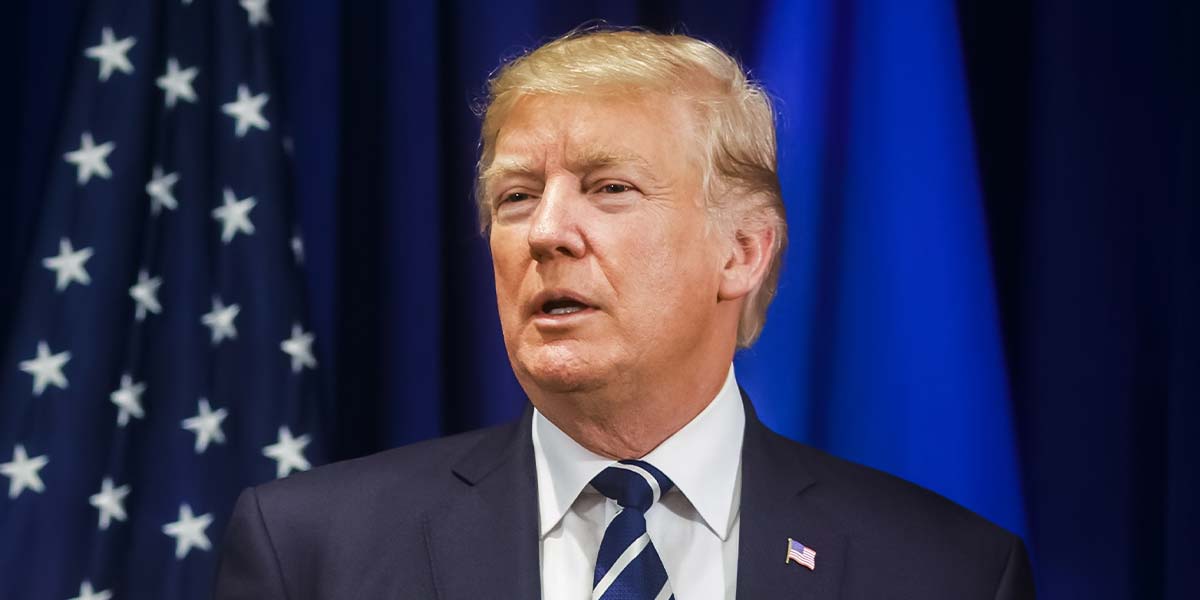U.S. President Donald Trump indicated he is prepared to reduce tariffs related to fentanyl on Chinese goods, just before his highly anticipated summit with Chinese President Xi Jinping in South Korea. He outlined that the influx of fentanyl into the United States, as well as issues affecting American farmers, will be among the main topics.
The easing of trade tensions between the two economic powers is hanging by a thread, with a temporary agreement to lower mutual tariffs due to expire on November 10 if no further extension is negotiated. Trump has also warned that should an agreement not be reached, the U.S. will implement additional tariffs of up to 100% on Chinese imports starting November 1.
His comments follow a Wall Street Journal report suggesting the White House is considering halving the current 20% tariff on Chinese fentanyl-linked exports, contingent on more aggressive Chinese enforcement against the export of precursor chemicals vital to fentanyl production. Should the U.S. reduce the fentanyl-linked tariff to 10%, average duties on Chinese imports—now averaging about 55%—would drop to around 45%.
The Trump-Xi meeting follows an escalation in bilateral tensions, with Beijing tightening controls over rare earth exports. Washington has responded with new port fees on Chinese shipping and potential restrictions on certain software exports. The upcoming dialogue is expected to take place at the sidelines of the Asia-Pacific Economic Cooperation (APEC) summit, marking the first face-to-face between the leaders since Trump’s return to office earlier this year.
Speaking at APEC on Wednesday, Trump expressed optimism for strikes that both sides could achieve a mutually beneficial agreement, and also mentioned that Washington is close to finalizing a trade deal with South Korea.
China’s foreign ministry confirmed that President Xi will visit South Korea from October 30 to November 1 and deliver a speech at the APEC summit. The ministry indicated Xi will meet with various leaders, but did not specify whether a direct meeting with Trump is officially scheduled.
Trump began his Asia tour on Sunday, signing multiple trade and mineral cooperation agreements with Southeast Asian nations and with Japan.
According to Neo Wang, China strategist at Evercore ISI, likely outcomes from the Trump-Xi summit could include China ensuring continued U.S. access to rare earths under its export-control measures, large-scale purchases of Boeing aircraft, approval for the sale of TikTok’s U.S. business, and renewed commitments to curb fentanyl flows.
In exchange, the U.S. might ease some export controls for semiconductor technology and AI chips, rescind the threat of new 100% tariffs, and implement the proposed reduction in fentanyl-linked duties—potentially beginning on November 10 as part of an updated tariff pause.
Wang noted that China is expected to provide Trump with a face-saving resolution to the fentanyl dispute, likely through a new commitment from Xi at the summit, making it politically feasible for Trump to announce the tariff reduction effective no later than November 10.





